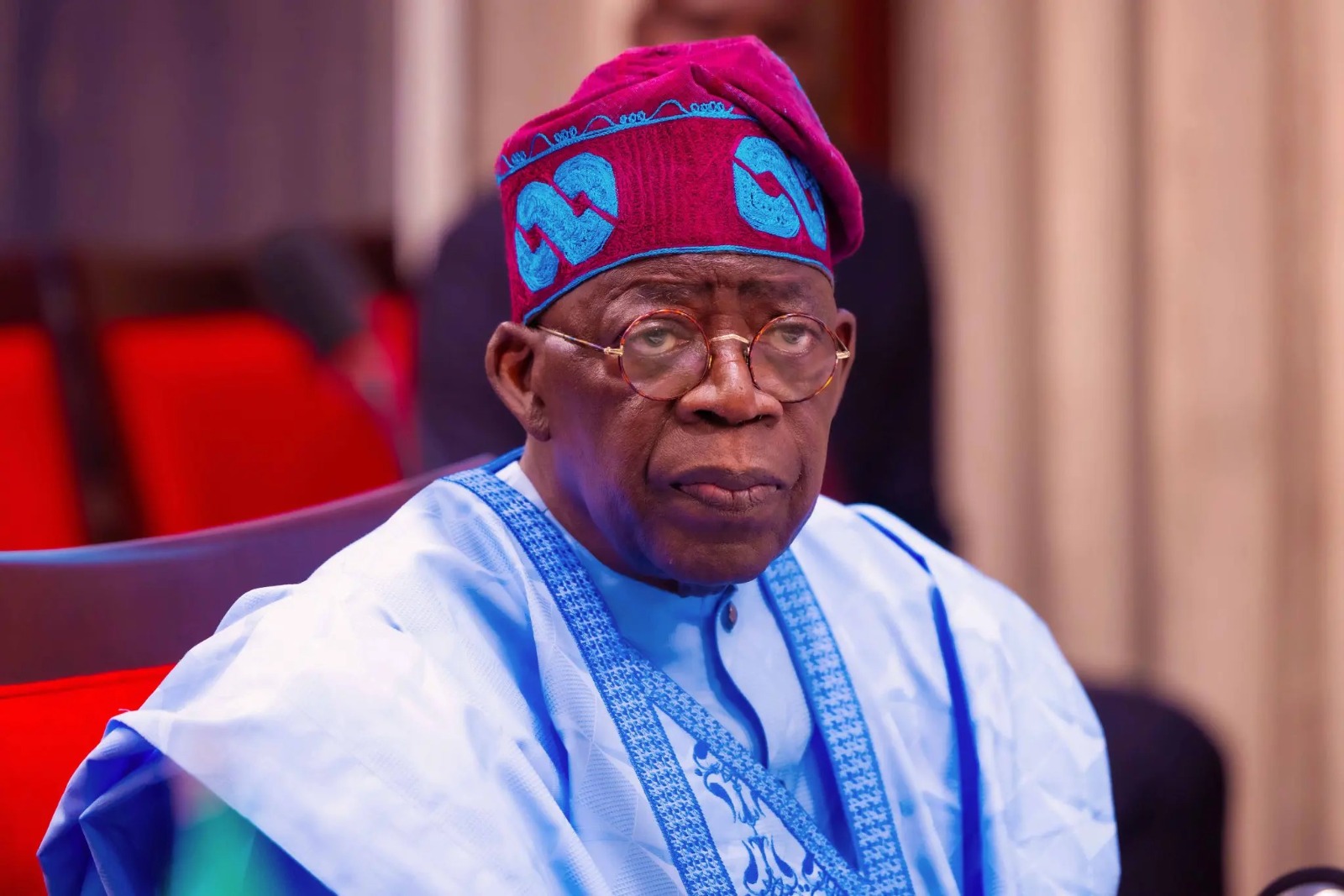President Bola Tinubu has approved comprehensive new regulations for Nigeria’s armed forces, introducing strict prohibitions on various personal conduct including homosexuality, cross-dressing, and body modifications. The directive, signed on December 16, 2024, represents a significant update to military personnel policies through the revised Harmonised Armed Forces Terms and Conditions of Service.
The sweeping regulations outline clear boundaries for military personnel’s behavior both on and off duty, addressing everything from sexual orientation to financial responsibilities. According to Section 26 of the document, service members are explicitly prohibited from engaging in or associating with LGBTQIA2S+ activities, marking a formal codification of traditional military values.
Beyond sexual orientation and gender expression, the new terms of service establish strict guidelines regarding physical appearance and personal conduct. Military personnel are now officially barred from body piercing and tattooing, while behavioral standards prohibit public misconduct and intoxication regardless of duty status.
The regulations extend into personal relationships within the military hierarchy, specifically addressing potential complications in the chain of command. Officers are forbidden from engaging in romantic relationships with subordinates or their spouses, aiming to maintain professional boundaries and prevent conflicts of interest.
Financial responsibility features prominently in the new guidelines, with officers required to meet all monetary obligations promptly. This includes routine matters such as vehicle licensing and insurance, with the document emphasizing that failure to comply constitutes a serious offense. The issuance of bounced checks is specifically highlighted as unacceptable conduct.
The document takes a firm stance on political involvement and secret society membership, completely prohibiting service members from participating in such organizations, even as observers. However, it makes a notable exception for cultural and traditional religious societies that operate transparently, acknowledging the importance of maintaining cultural connections while serving.
Professional ethics receive particular attention, with strict limitations placed on private business ventures and the use of military position for personal gain. The regulations explicitly forbid service members from leveraging their official status or government resources for commercial enterprises, whether compensated or not.
The code addresses hierarchical relationships by prohibiting officers from accepting gifts, favors, or entertainment from junior ranks, aiming to maintain clear professional boundaries and prevent potential conflicts of interest or favoritism within the ranks.
While the document outlines extensive behavioral expectations and prohibitions, it notably lacks specific details regarding enforcement mechanisms or consequences for violations. The absence of clearly defined disciplinary measures leaves questions about how these regulations will be implemented and enforced within the military structure.
The timing of these regulations comes as Nigeria continues to maintain traditional stances on social issues while modernizing its military forces. The comprehensive nature of the document suggests an effort to standardize behavior across all branches of the armed forces while reinforcing traditional values and professional standards.
These new regulations represent a significant development in Nigerian military policy, establishing clear guidelines for personal conduct while raising questions about implementation and enforcement. The impact of these regulations on military recruitment, retention, and overall force effectiveness remains to be seen as they take effect.
The document’s broad scope and detailed specifications indicate a desire to maintain strict control over military personnel’s behavior both in and out of uniform, reflecting broader societal values while establishing clear professional standards for Nigeria’s armed forces.



